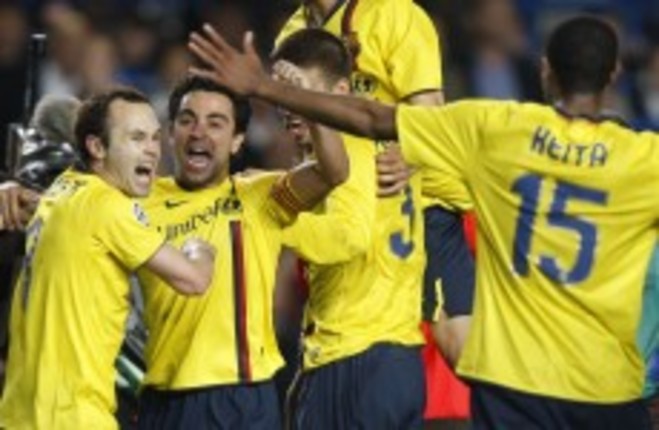BARCELONA’S RUN TO the Champions League final in May 2009 triggered a surge in local births, but rather less than commonly believed, researchers said on Tuesday.
Some media have said the birth rate in Catalonia rose by an astonishing 45 percent nine months after a dramatic semi-final in which Andres Iniesta scored an injury-time winner against Chelsea.
The victory put Barca into the final of Europe’s top club trophy, when they crushed holders Manchester United three weeks later.
In an offbeat paper published in the British Medical Journal (BMJ), health statisticians in Barcelona explored whether the tale of the “Iniesta generation” was true or hype.They looked at births registered in the central Catalan counties of Solsones and Bages in February and March 2010.
Twenty-six more infants were born in the February compared with the same month in preceding years — a “significant” increase of 16.1 percent, although still short of the reported 45 percent.
In the following month, there was an 11.0 percent increase in births compared with March in previous years, they found.
The delirium of victory may indeed have led to a rise in procreation — just as Spain’s grim economy is causing a fall in fertility as couples decide not to have children, says the study.
“Our results may have several different interpretations,” says the paper, headed by Jesus Montesinos at the Xarxa Assistencial Universitaria de Manresa in Barcelona.“One is that human emotions on a large scale can profoundly affect demographic swings in populations, that national or regional events can reduce the weight of reason and increase the weight of passion.”
Understanding how or why this happens would be a useful aid to demography, it says.
With a touch of humour, the authors say — as scientists invariably do — that further research is needed.
“To bridge the gap between observational and trial data, it would help greatly if Iniesta were willing to replicate his intervention,” they write.

